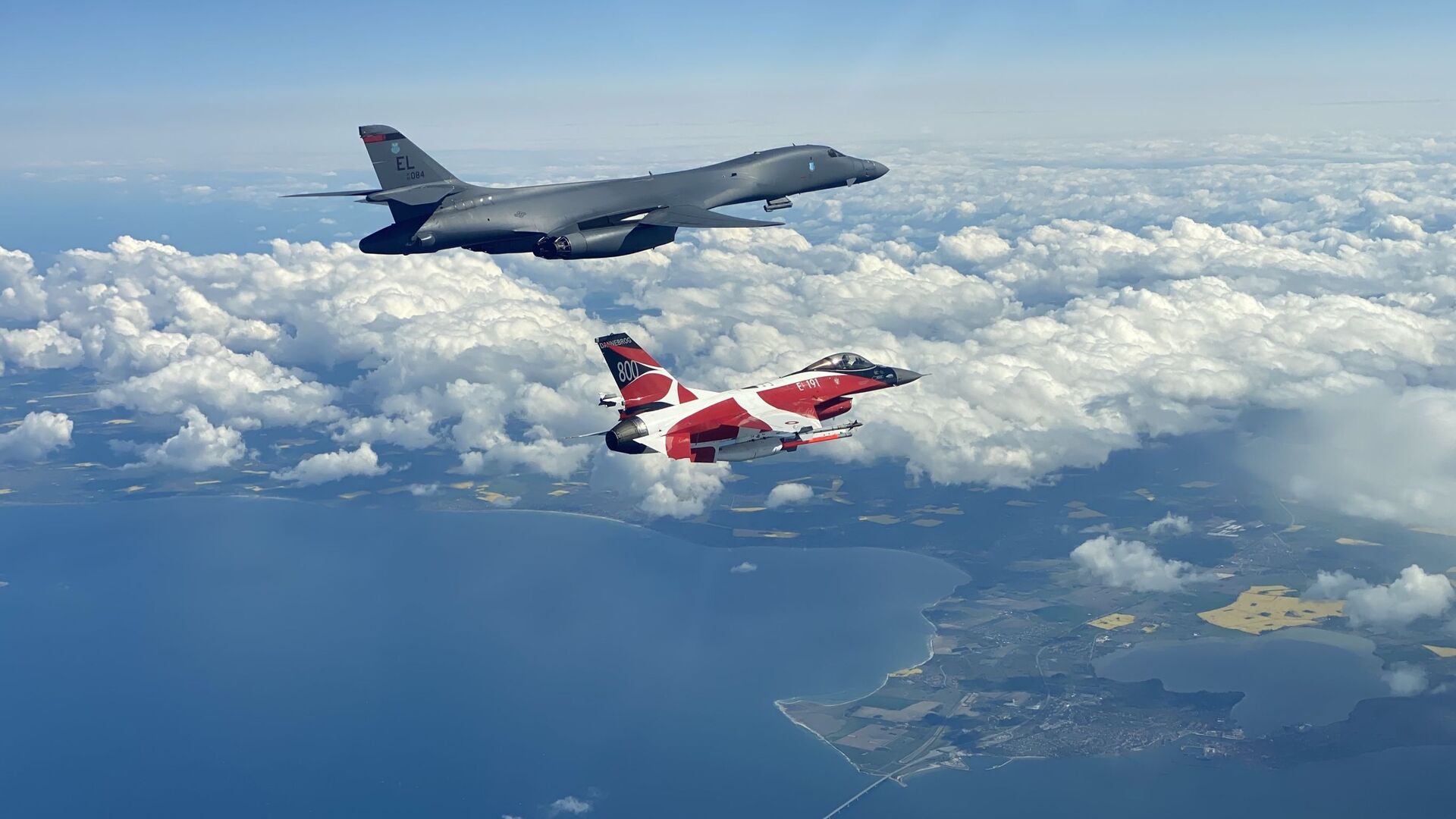The Danish military's toolbox is empty when it comes to being able to defend the country against attacks from above, the country's Chief of Defence Flemming Lentfer told Danish Radio.
According to him, both Danish land forces and land areas are largely exposed to aggression from the air.
"There is no doubt about that when we look at Denmark's air defence capability, we have some shortcomings", General Flemming Lentfer, who is both Commander-in-Chief of the Armed Forces and the Minister of Defence and the government's top military adviser, told Danish Radio. "Some of the shortcomings that have been pointed out in terms of air defence are of a greater nature", Lentfer added.
Denmark currently has two F-16s on duty around-the-clock to fend off uninvited guests from the country's airspace. However, apart from the ageing fighter jets, the country has no means to defend itself against a massive attack from the air: no missiles that can shoot down bombers, jet fighters, or even primitive drones with malicious intentions towards its territory or soldiers, Danish Radio emphasised.
The dramatic lack of hardware has escalated since 2005, when the Hawk missile system was scrapped. Since then, new threats have emerged, according to Danish defence analysts.
"The Western world has been accustomed to having dominance in the air, because we haven't had to fight anyone with a significant air defence. Therefore, no money has been spent on the area", defence analyst Hans Peter Michaelsen said, emphasising "a Russia that must be deterred".
According to Michaelsen, the shortage has been particularly evident since Crimea's re-unification with Russia in 2014, which he, as many European experts described as "annexation". Since then, he emphasised, NATO has switched its attention to Russia.
"In case of a crisis or conflict, Denmark must be a jumping-off area for other NATO forces. But until they come, we have no air defence. Is there anyone who will attack us, one might ask? Hopefully not, but the risk increases if you don't have systems that can deter", Hans Peter Michaelsen said.
At the same time, he mused that technological advances such as the advent of military drones exposed the country's vulnerability even more. To prove his point, Michaelsen drew a recent example.
"There has been a huge technical development in this area. The Armenians had most of their defences smashed with drones during the armed conflict with Azerbaijan in Nagorno-Karabakh in the autumn. Denmark has neither radars that can detect drones nor weapons that can shoot them down", Michaelsen said.
In the autumn, Denmark was on the receiving end criticism from NATO for not contributing enough to the alliance's military force. Among other things, the report slammed Denmark's military contribution as "misaligned" and indicated a lack of confidence in the nation's ability to defend itself. Until Denmark implements all of its NATO goals perfectly and on time, "it may be necessary for other NATO allies to bear part of the burden that should justly be Denmark's".


